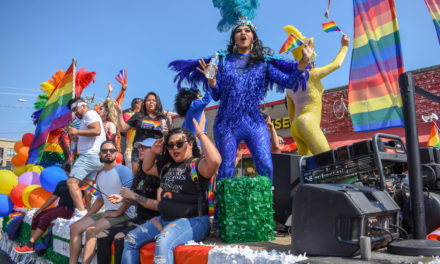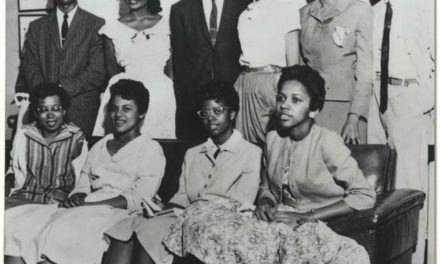Bilal Butt | Correspondent
On June 26, Rachel Jeantel took to the witness stand in the trial of George Zimmerman. Though it was Zimmerman who was on trial for the killing of 17-year-old Trayvon Martin, at times it seemed as if 19-year-old Jeantel was the one being tried for murder.
The key witness for the prosecution, Jeantel was on her cellphone with Martin only moments before he was killed. The testimony she provided attracted a lot of media coverage largely due to her difficulty in carrying herself the way legal experts, and America expected. She mumbled. She spoke in a jumble of phrases and even slurred her words. This made it very difficult for some people to understand her, especially the mostly-white jury.
At times, her testimony was good, bad and even ugly. Despite this, no one could say that she was insincere. Jeantel’s testimony struck a nerve with the public. Much of this may have been associated with the fact that she did not engage in code switching at a time when some might have deemed it most necessary.
Code switching, or changing one’s vernacular to accommodate communication with people outside of one’s friends, family, and culture was a skill that Jeantel did not come to the courtroom armed with. Don West, the leading defense attorney for George Zimmerman, took advantage of this disparity by forcing Jeantel to continue her lengthy testimony and display what many perceived as her inability to communicate adequately. The Tampa Bay Times reported that this only drew more attention to “the gulf between middle-aged, middle class mainstream codes of behavior and life among poorer, non-white neighborhoods.” The whole nation witnessed the banter between West and Jeantel and it could not have been any more evident the discrepancy between a young black girl and the daunting legal system.
Throughout her testimony, the public often questioned Jeantel’s legitimacy, but never her authenticity. West grilled Jeantel throughout cross-examination to focus on “holes” in her testimony. He tried to limit her credibility this way, but instead allowed Jeantel to become more relatable. Rashawn Ray, an Associate Professor of Sociology at the University of Maryland, reported to the Huffington Post that “ Although Jeantel’s demeanor was contrary to how society has been socialized to view interactions between lawyers and witnesses, the longer she remained on the stand the more her credibility increased, because she appeared to be more authentic.” Her consistency while on stand during the trial helped her case, despite the fact that her diction was too often mistaken for un-intelligence.
If Jeantel ever had experienced how to navigate in the two worlds – the culture she lives in and the world of lawyers, jurors and TV cameras – she could have displayed more tact and avoided being misunderstood and her words misconstrued. Her lack of experience and opportunities do not make her less capable of speaking in a court of law. It is sad to think that the verdict of the Trayvon murder could have been dependent on how well his friend was able to articulate herself.



